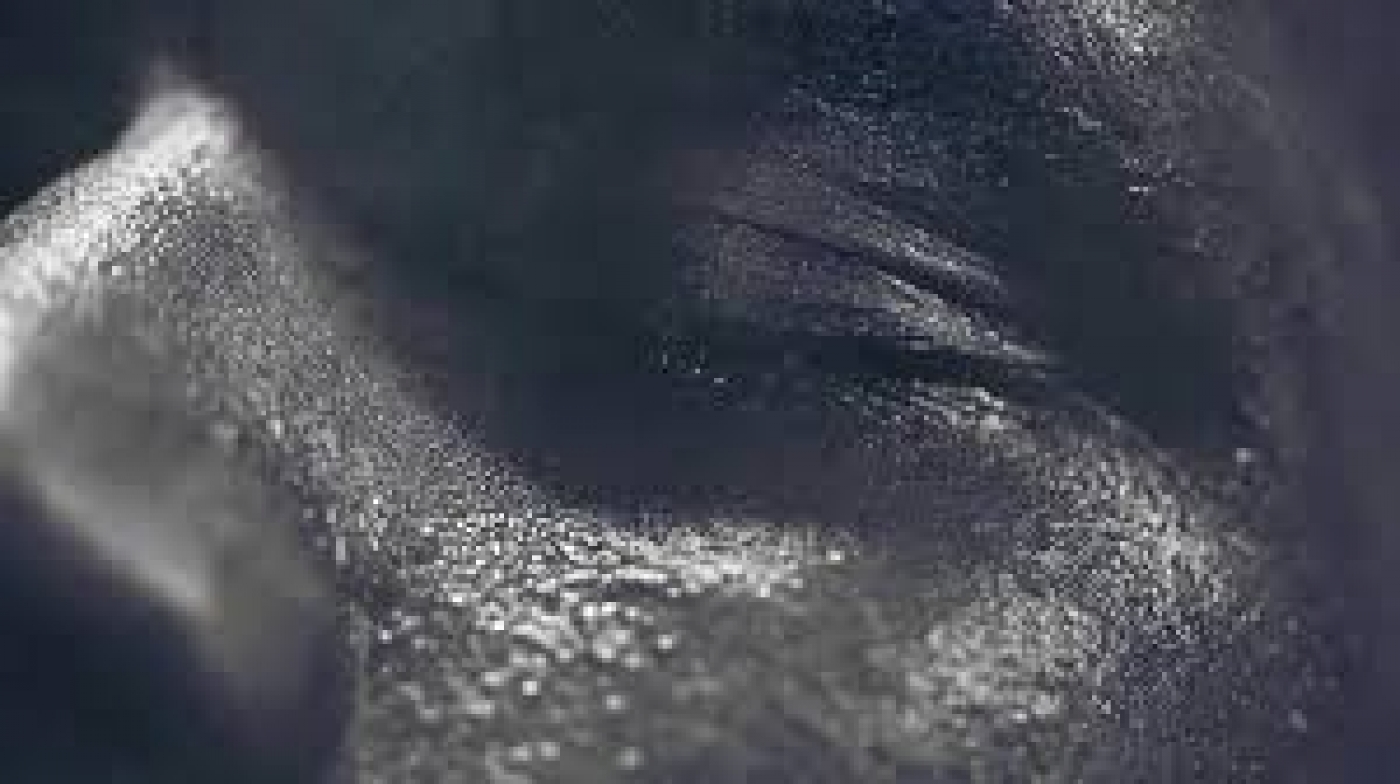The experts, who disclosed this during an exclusive interview with PUNCH Healthwise, said when night sleep is interrupted consistently, it could have more adverse effects on overall well-being and also lead to poor quality of life.
According to the Cleveland Clinic, night sweats are drenching sweats that are intense enough to soak through one’s clothes and bedding, and disturb sleep.
It affirmed that when night sweats happen alongside other symptoms, they may signal a condition that requires medical attention.
Speaking with our correspondent, a Public Health Physician, Dr. Esther Omokhuale, said though some people normally sweat excessively, it, however, raises concern when it becomes regular and is associated with weight loss.
The retiree from the 661 Nigerian Airforce Base Hospital, Ikeja, said, “ But the worrisome aspect is when one wakes up drenched in sweat and is not able to sleep again. And when it happens in a conducive environment, where there is an air conditioner or fan, then it calls for concern.
“There are various causes. It could be
physiological, due to medication, or health issues. Now, a normal physiological thing that can cause excessive night sweats in women is menopause or perimenopause.
“So, here, you have some women experiencing hot flashes whether at night or during the day, and they are drenched in sweat. But in all of these, sweating is not a disease per se; it is a symptom or pointer.”
Speaking on the medical causes of night sweats, she said most times, it could be due to chronic infections like tuberculosis.
“Apart from night sweat, other symptoms associated with tuberculosis are coughing for more than three weeks, excessive weight loss and fever. Infection in any part of the body can cause night sweats as well. Bone infection can also cause night sweats as well as hypoglycemia.
“Again, there are certain medications that cause night sweats and they include some painkillers, antidepressants, steroids, and even chemotherapy can cause night sweats. Spicy foods and caffeine products can as well cause it,” she revealed.
Dr. Omokhuale said there are some night sweats that their causes remain unknown even after medical tests have been conducted, adding that those with such experiences would have to manage and live with it.
She, however, advised those that experience excessive night sweats to make their environment conducive and wear light clothing besides going for medical evaluation.
Another Public Health Physician and Senior Resident, Department of Community Medicine, Delta State University Teaching Hospital, Oghara, Delta State, Dr. Ese Agbatutu, corroborated her colleague’s stance that profuse sweating at night could be a sign of tuberculosis.
The Founder of Maden Healthcare Foundation, a non-governmental organisation with an interest in menstrual hygiene, school health and medical missions, said one of the symptoms associated with tuberculosis is night sweats.
She said, “You will not take it in isolation, so you may want to find out why this person is sweating. You need to rule out that the environment is hot, the room is hot and the ventilation is improper.
“Once you have ruled that out and you find out that the person is still sweating excessively, you have to find out why.
“One of the things that could be responsible is either tuberculosis or diabetes. But for you to say that either of them is responsible there would be associated complaints.
“For tuberculosis, there could be a cough that has been on for more than two weeks, which can be accompanied by bloody phlegm. It could also be associated with weight loss.
“On the other hand, if it is diabetes, the person will be urinating frequently during the day or at night, and there would also be associated weight loss.”
The physician reiterated the need for medical evaluation, warning that severe sweating could also lead to dehydration, which can impact the body negatively.
According to her, severe dehydration could lead to heat stroke and kidney problems
In a 2020 study published in an online journal, PubMed Central, the researchers said night sweats are a nonspecific symptom that patients commonly experience but rarely discuss with their physicians without prompting.
“Conditions commonly associated with night sweats include menopause, mood disorders, gastroesophageal reflux disease, hyperthyroidism, and obesity. If a clinical diagnosis is apparent based on the initial history and physical examination, specific treatment for four to eight weeks may be offered.
“When the history and physical examination do not reveal a specific cause, physicians should proceed with a systematic and cost-conscious strategy that uses readily available laboratory and imaging studies, such as a complete blood count, tuberculosis testing, thyroid-stimulating hormone levels, HIV testing, C-reactive protein level, and chest radiography.
“If these results are normal and no additional disorders are suspected, reassurance and continued monitoring are recommended”, the researchers said.
source: healthwise.punchng







